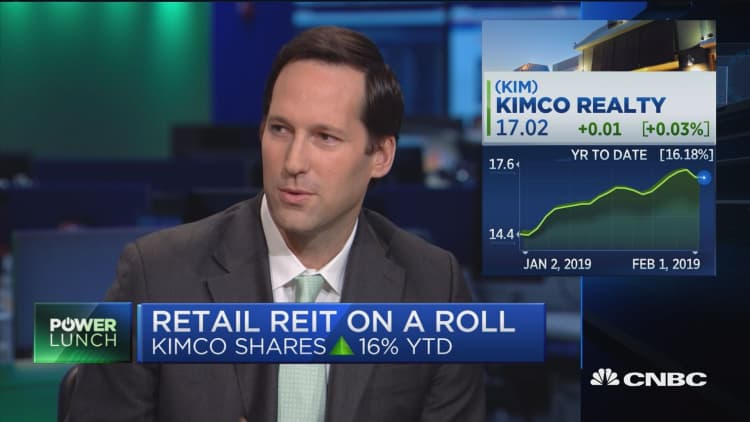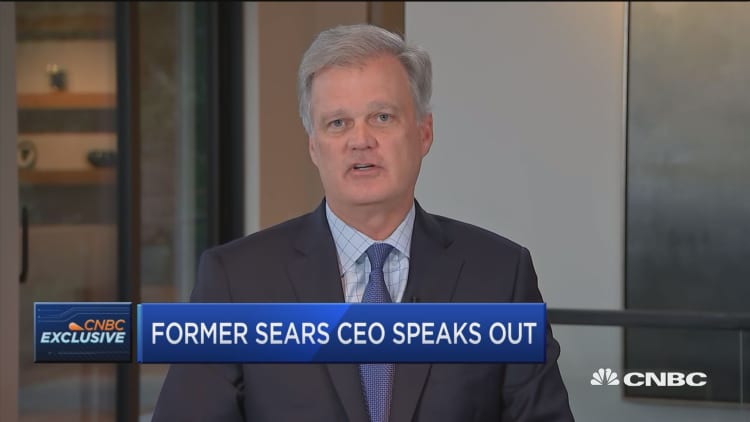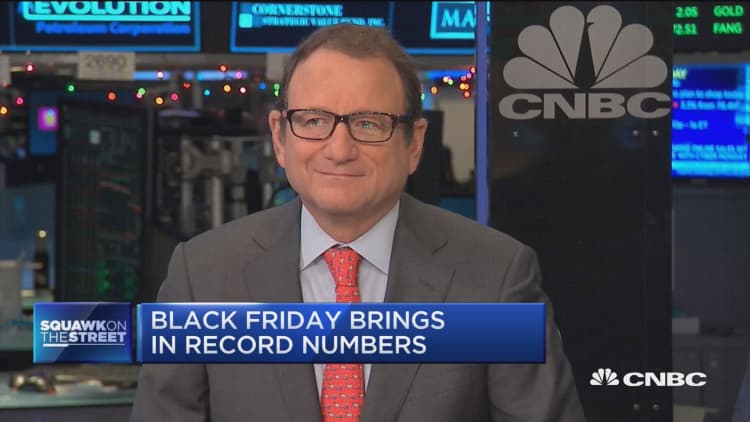The biggest mall owner in the U.S. is warning of more store closures and even bankruptcies to rattle the retail industry in 2019.
"There are some retailers out there that we're nervous about," Simon Property Group CEO David Simon said Friday during a call with analysts after the company reported earnings, though he didn't name those companies. "We are concerned about a few [retail bankruptcies] that should shake out in the first quarter."

Simon, the largest mall owner in the U.S., has like its peers been grappling with how to deal with an onslaught of store closures from tenants big and small, ranging from Sears to Starbucks' Teavana. The real estate investment trust finds itself in an especially unique position with Sears' bankruptcy in that it's also a member of an unsecured creditors committee now arguing Sears can't be saved, as Sears Chairman Eddie Lampert is still trying to salvage some 400 stores.
David Simon had said last October, right after Sears filed for Chapter 11 bankruptcy protection, that he had put the department store chain "in the rearview mirror." He called the whole situation "tragic" but said hotels, office spaces and gyms would move into malls and fill gaps left behind by Sears, J.C. Penney and others.
The topic of Sears' fate specifically didn't come up on Friday's conference call, other than Simon saying the company was on its 200th unsecured creditors committee with Sears, now. When asked if Simon had been in talks with department store operator J.C. Penney, which is expected to announce additional store closures at the end of this month, Simon said, "no."
Most of the retailers struggling today and expected to shut more stores are highly levered, according to Simon. "We have a long list of retailers that have struggled. ... And 80 to 90 percent of that list have been over-levered so they couldn't turn left or right."

Simon added that, even with more retail bankruptcies looming, he doesn't expect there will be as many in 2019 as there were in 2018 and 2017. The pace of retail bankruptcies cooled off last year, he said. "The days of a rising economic tide ... don't lift all retail boats. You've got a lot of outperformance and a lot of underperformance."
Simon's chief operating officer, Rick Sokolov, added on Friday that the mall owner was having success in bringing online brands like Untuckit, Warby Parker and Fabletics to its properties. A lot of e-commerce companies today are raising money "just to roll out more stores," Sokolov said. "The single best thing we have going for us are [our] incredibly strong properties."
Simon finds itself in a better position than most of the other publicly traded mall owners today, such as CBL Properties and Washington Prime Group. Simon's properties tend to be in higher-trafficked markets, and analysts say Simon has more liquidity on its balance sheet to be able to handle an uptick in redevelopment activity.
"I think we've never been busier on the alternative uses," David Simon said as he told analysts about what's coming down the pipeline, adding the future of the mall is all about "live, work, play."
Simon said it ended 2018 with sales per square foot of $661, up 5.3 percent from a year ago. Simon's occupancy rate was 95.9 percent as of Dec. 31, compared with 95.6 percent a year earlier.



